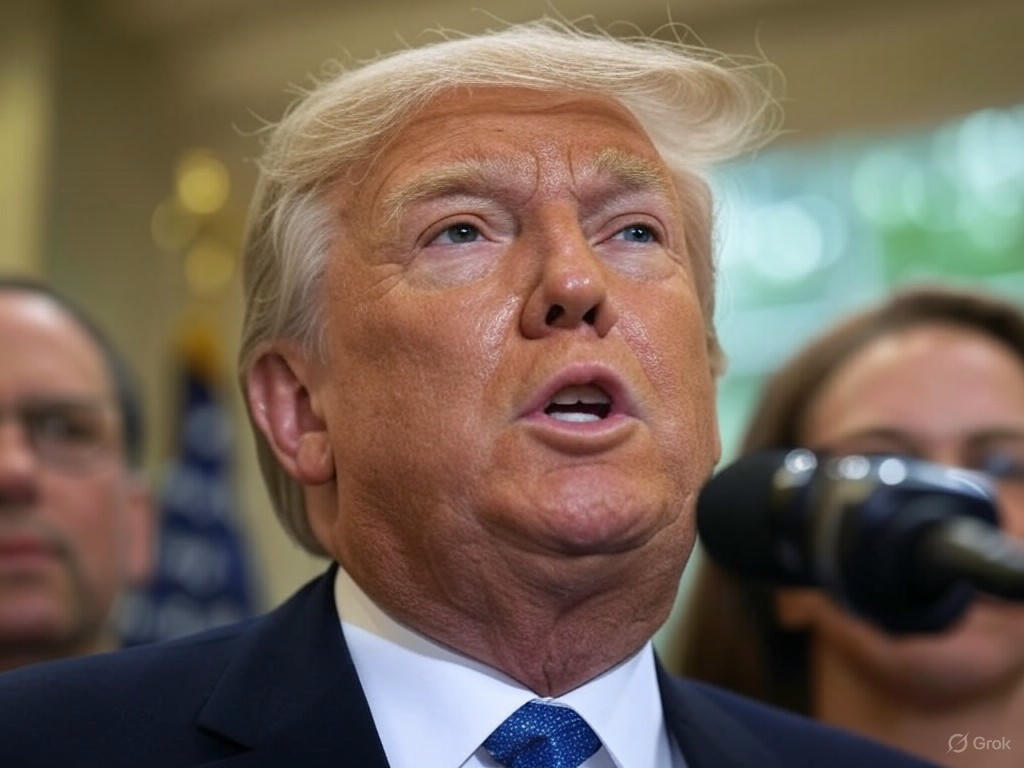Navigating the Future: Trump’s Influence on U.S. Steel Sparks Debate
The recent announcement regarding the Trump administration’s potential sway over U.S. Steel has ignited a firestorm of discussion within the business and labor communities. Under a proposed deal with Nippon Steel, a Japanese conglomerate, the U.S. government could hold a significant stake—often referred to as a ‘golden share’—in the iconic American steelmaker. This unique arrangement would reportedly grant the administration extraordinary veto power over key operational decisions, a move that has raised eyebrows about the intersection of politics and private enterprise.
At the heart of this development is the administration’s stated goal to protect national interests and preserve domestic steel production, a sector deemed critical for infrastructure and defense. Officials argue that this level of oversight is necessary to ensure that U.S. Steel remains a pillar of American industry, especially in the face of global competition. The steel industry has long been a symbol of national strength, and proponents of the deal suggest that such governmental involvement could safeguard jobs and maintain supply chain stability during uncertain economic times. Details emerging from recent briefings indicate that this influence might extend to decisions on production levels, mergers, or even potential plant closures, giving the administration an unprecedented role in shaping the company’s trajectory.
However, this arrangement has not been without controversy. Labor unions, representing thousands of U.S. Steel workers, have voiced significant concerns about what this means for their members. Critics within the union argue that political interference could prioritize strategic or symbolic goals over the practical needs of employees. There’s a palpable fear that decisions influenced by governmental agendas might lead to job cuts or reduced benefits if they align with broader policy objectives rather than the company’s financial health. Union leaders have called for transparency, urging both the administration and Nippon Steel to clarify how worker protections will be prioritized amidst this new power dynamic. They worry that the ‘golden share’ could become a double-edged sword, offering protection on paper but potentially undermining labor interests in practice.
Beyond the immediate stakeholders, this situation also prompts larger questions about the role of government in private industry. While some business analysts applaud the move as a way to shield a vital sector from foreign dominance, others caution against the risks of overreach. They point to historical examples where government involvement in corporate affairs has led to inefficiencies or stifled innovation. The balance between national security and free-market principles remains a delicate one, and the outcome of this deal could set a precedent for how similar transactions are handled in the future.
As the debate unfolds, all eyes are on how the Trump administration will navigate these choppy waters. The potential for direct influence over U.S. Steel is a bold step, but whether it will fortify the industry or sow discord remains to be seen. With unions, policymakers, and industry leaders weighing in, the resolution of this issue could redefine the relationship between government and business in America for years to come.


